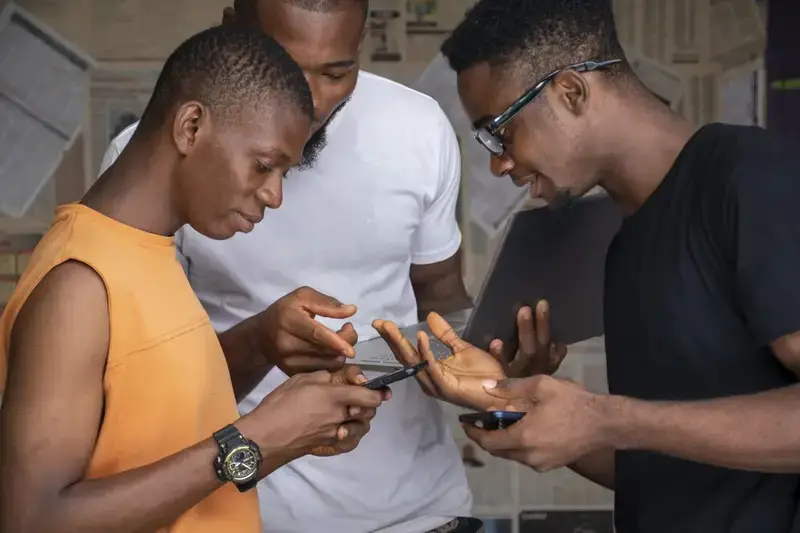Influence of Globalization on African Sports Culture: Trends and Transformations
Globalization has profoundly impacted various aspects of African society, including its rich and diverse sports culture. As the world becomes increasingly interconnected, African sports have undergone significant transformations, influenced by global trends, technological advancements, and cross-cultural exchanges.
This article explores the influence of globalization on African sports culture, examining the trends, challenges, and opportunities shaping the sporting landscape across the continent. From the introduction of new sports and the expansion of sporting events to the influx of foreign athletes and the commercialization of sports, globalization has left an indelible mark on African sports, reshaping traditions, fostering connections with the global sports community, and providing more information on the evolving nature of sports participation and spectatorship in Africa.
1. Globalization and Sports Diversity
One of the most notable effects of globalization on African sports culture is the increased diversity of sporting activities and interests. While traditional sports such as football, athletics, and boxing remain popular, there has been a growing interest in non-traditional sports and recreational activities influenced by global trends.
Sports such as basketball, volleyball, tennis, and even niche activities like skateboarding and surfing have gained popularity among African youth, reflecting the globalized nature of contemporary sports culture.
2. Expansion of Sporting Events and Leagues
Globalization has facilitated the expansion of sporting events and leagues in Africa, providing opportunities for athletes to compete on international stages and for fans to engage with a wider variety of sports content.
African countries have hosted major sporting events such as the FIFA World Cup, the Olympic Games, and various continental championships, showcasing their ability to organize world-class tournaments and attract global audiences. Additionally, the globalization of media and broadcasting has made it easier for African fans to access live coverage of international sporting events, fostering a sense of connection and participation in global sports culture.
3. Influence of Foreign Athletes and Coaches
The influx of foreign athletes and coaches has had a significant impact on African sports culture, bringing new skills, techniques, and perspectives to local sporting communities. Many African countries have recruited foreign coaches and technical staff to oversee national teams and sports development programs, contributing to the professionalization and modernization of local sports infrastructure.
Likewise, African athletes who compete internationally serve as ambassadors for their countries, inspiring future generations and elevating the profile of African sports on the global stage.
4. Commercialization and Sponsorship
Globalization has led to increased commercialization and sponsorship opportunities within African sports culture, as multinational corporations seek to capitalize on the continent’s growing sports market. Major brands and companies are investing in sponsorship deals, advertising campaigns, and endorsements with African athletes and sporting events, creating new revenue streams and raising the profile of African sports brands.
However, the commercialization of sports also presents challenges related to financial inequality, exploitation, and ethical considerations that must be addressed to ensure the integrity and sustainability of African sports culture.
5. Cultural Exchange and Identity
While globalization has brought about changes in African sports culture, it has also facilitated cultural exchange and the preservation of indigenous sporting traditions.
African athletes, coaches, and sports administrators engage in cross-cultural interactions, learning from diverse perspectives and experiences while sharing their own cultural heritage with the world. This exchange of ideas and practices contributes to the enrichment of African sports culture, fostering a sense of pride, identity, and solidarity among athletes and fans across the continent.
Conclusion
In conclusion, the influence of globalization on African sports culture is multifaceted, encompassing trends, transformations, and challenges that shape the sporting landscape across the continent.
While globalization has brought about increased diversity, expansion, and commercialization of sports, it has also facilitated cultural exchange, identity formation, and the preservation of indigenous sporting traditions. Moving forward, it is essential for African sports stakeholders to embrace the opportunities presented by globalization while safeguarding the integrity, diversity, and inclusivity of African sports culture for future generations.

